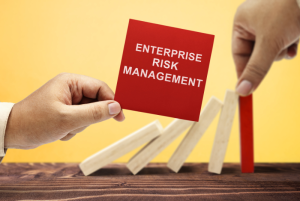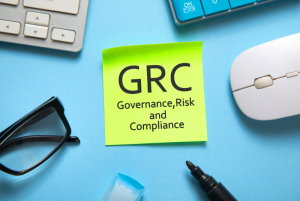- About IERP®
About Us
We are the world’s first and leading certification institute for Enterprise Risk Management (ERM). Through our programs and network, we aim to foster effective Enterprise Risk Management (ERM) practices globally in relation to sustainability, strategy, performance, ethics, business continuity, and corporate governance.
Apply IERP® Membership
Join the IERP® Membership and take advantage of numerous features that are only available to members. Apply today!
- Certifications
Board Directors Certification
Enterprise Risk Management Certification
Operational Risk Management Certification
Sustainability Risk Management Certification
Digital Risk Management Certification
Risk Auditors Certification
Business Continuity Management Certification
- Events
Events
Explore Certifications & Trainings, Global Conferences, insightful Tea Talks, and connect with peers in the Director and Chief Risk Officer Networking Groups.
- Membership
Membership
Join the IERP® Membership and take advantage of numerous features that are only available to members.
- Resources
Resources
Explore a wealth of knowledge in our Resources page, featuring insightful blogs, in-depth articles, exclusive interviews, and thought leadership pieces, along with notable media features.
- Contact Us


































